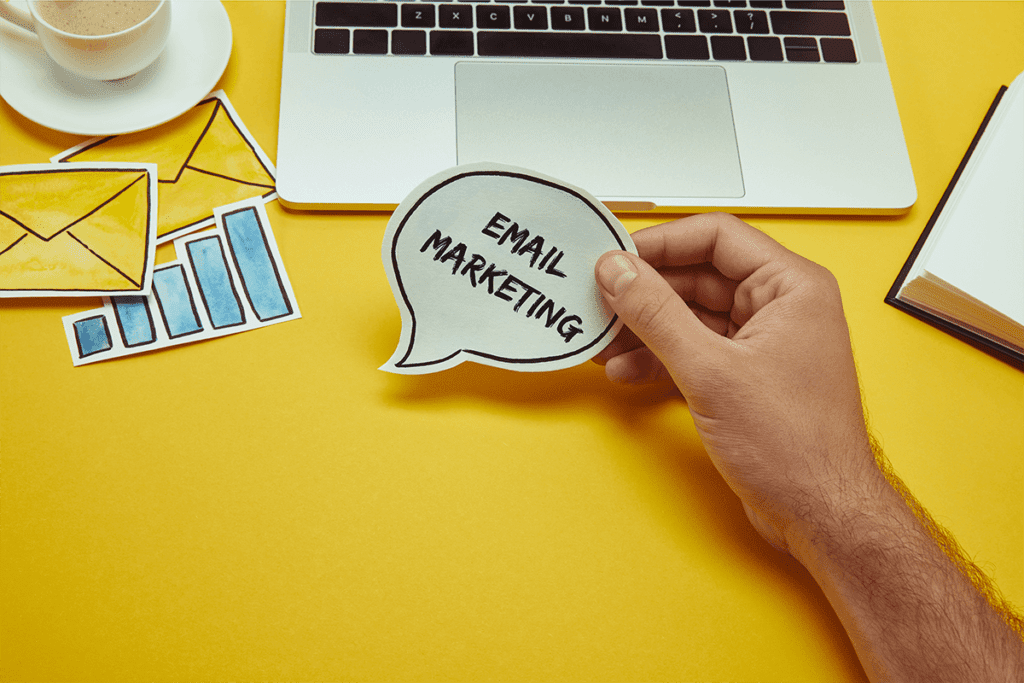In the competitive real estate market, building and maintaining client relationships is crucial. Email marketing stands as a powerful tool for real estate professionals to engage clients, nurture leads, and ultimately drive property sales. This article explores how to leverage email marketing effectively within the real estate sector.
The Importance of Email Marketing in Real Estate
Email marketing offers a direct line of communication with potential and existing clients. It allows real estate agents to provide personalized content, share property listings, and offer market insights, all of which contribute to building trust and fostering long-term relationships.
Building a Quality Email List
Utilize Website Sign-Ups
Incorporate sign-up forms on your website to capture visitor information. Offering valuable resources, such as market reports or buying guides, can incentivize sign-ups.
Leverage Open Houses and Events
Collect email addresses during open houses or real estate seminars. Ensure attendees understand they will receive valuable information and updates.
Engage on Social Media
Promote your email newsletter through social media channels to attract a broader audience interested in real estate updates.
Segmenting Your Audience
Segmentation allows for tailored content that resonates with specific client groups. Consider the following segments:
- Buyers vs. Sellers: Provide buyers with new listings and market trends, while offering sellers tips on staging and pricing.
- Investment Interests: Send information on high-yield properties to clients interested in real estate investments.
- Geographical Preferences: Customize emails based on the client’s preferred neighborhoods or regions.
Crafting Compelling Email Content
Personalized Messages
Address recipients by name and tailor content to their specific interests or previous interactions.
Engaging Subject Lines
Create subject lines that are concise and intriguing to encourage higher open rates.
High-Quality Visuals
Include professional images of properties and infographics that highlight market data.
Valuable Information
Share content that provides value, such as market analyses, buying/selling tips, and community news.
Automating Email Campaigns
Utilize email marketing platforms to automate campaigns, ensuring timely and consistent communication. Examples include:
- Welcome Series: Introduce new subscribers to your services and market expertise.
- Property Alerts: Notify clients instantly when new properties matching their criteria become available.
- Follow-Up Emails: Send automated follow-ups after property viewings or consultations.
Analyzing Campaign Performance
Regularly assess the effectiveness of your email campaigns through metrics such as:
- Open Rates: Indicate the percentage of recipients who opened your email.
- Click-Through Rates (CTR): Measure engagement by tracking clicks on links within the email.
- Conversion Rates: Determine how many recipients took the desired action, such as scheduling a viewing.
Use these insights to refine your strategies and improve future campaigns.
Ensuring Compliance with Email Regulations
Adhere to regulations like the CAN-SPAM Act by including clear unsubscribe options and honoring opt-out requests promptly. Maintaining compliance not only avoids legal issues but also builds trust with your audience.
Email marketing remains a vital component of a successful real estate marketing strategy. By building a quality email list, segmenting your audience, crafting personalized content, and utilizing automation, real estate professionals can enhance client engagement and drive property sales. Regular analysis and adherence to compliance ensure that your email marketing efforts are both effective and trustworthy.

